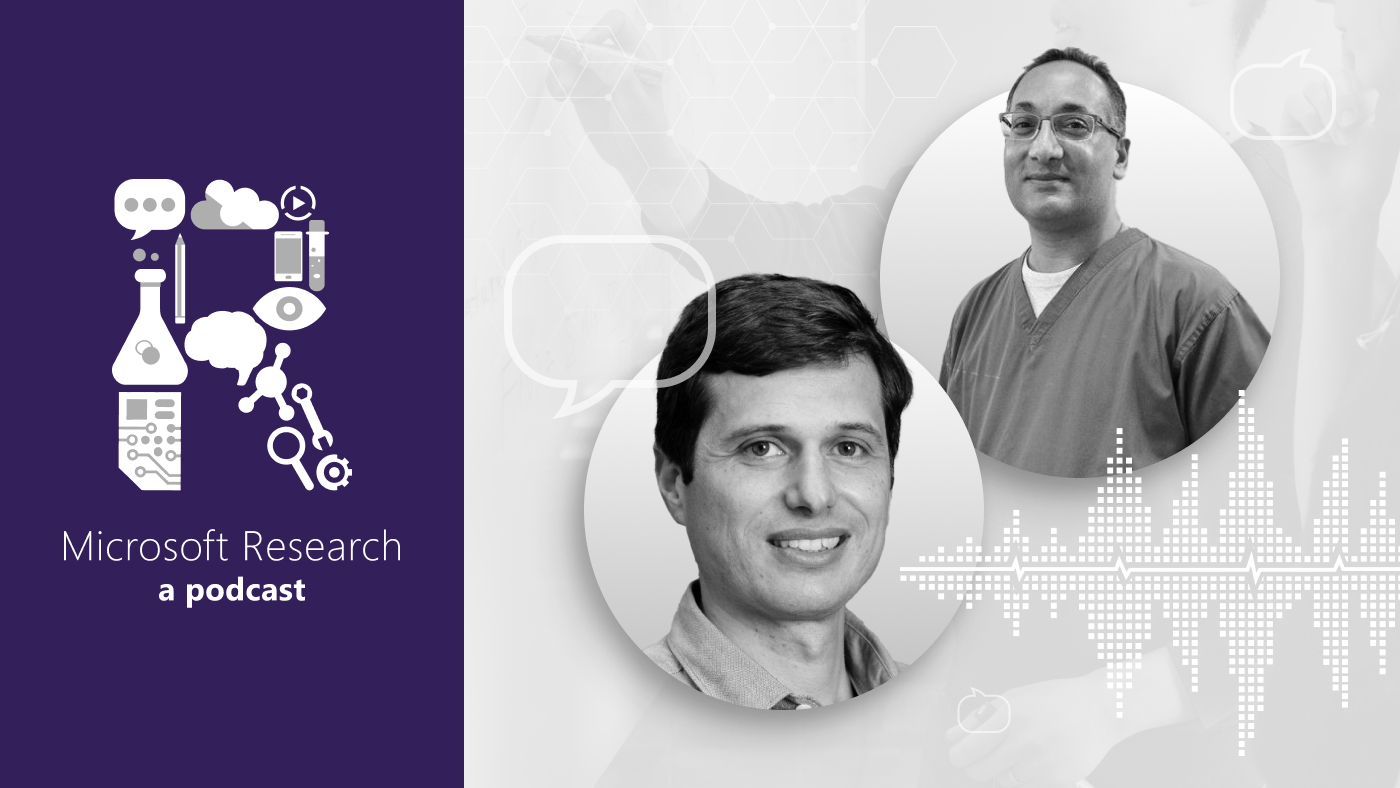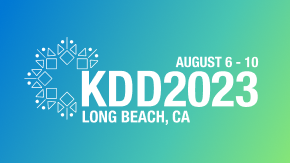
The explosion of data available today everywhere from biomedicine to the arts is opening new opportunities for researchers with backgrounds in science, technology, engineering and math to pursue creative and collaborative endeavors that have deep societal impact.
My research has always been interdisciplinary, which by nature is collaborative and creative. You need experts from different fields and you must make scientific leaps to bring the perspectives, results and methodology from one discipline to another. I encourage the scientists who work with me to trust their scientific intuition and make those leaps. Of course, we must also do the hard work to fill in the gaps after we leap. The work is deeply satisfying and delivers genuine societal impact.
Microsoft research podcast
Ideas: Designing AI for people with Abigail Sellen
Social scientist and HCI expert Abigail Sellen explores the critical understanding needed to build human-centric AI through the lens of the new AICE initiative, a collective of interdisciplinary researchers studying AI impact on human cognition and the economy.
The explosion of biomedical data, for example, is generating opportunities for researchers in STEM fields to make tremendous contributions to goals such as increasing the longevity and quality of life.
For example, a researcher in one of my labs worked in collaboration with physicians to develop a reinforcement-learning algorithm for a tool that provides personalized exercise incentives for diabetics. Different patients react differently to specific incentives at specific times. A text message saying that you are exercising less than 90 percent of other patients might cause one patient to exercise more and another to give up exercise altogether. The reinforcement learning algorithm produces the right messages for the right patients at the right time. These personalized messages significantly improve most patients’ exercise regimes and, in some cases, decrease the need for diabetes medication. This reinforcement learning algorithm is now being applied more widely.
My labs are also involved in a project that aims to predict which cancer patients are good candidates for specific cancer immunotherapy drugs. These drugs enhance the ability of our immune systems to go after cancer cells. The approach is more targeted than chemotherapy or radiation, more effective at eliminating cancer cells and less damaging to non-cancerous tissue. Cancer immunotherapy is a new field with more questions than answers. The organization Stand Up to Cancer is sponsoring about ten researchers from my labs to work on a host of projects with biologists and oncologists from many top biomedical institutions to answer these questions.
For example, individuals differ not only in their genomes, but also in the makeup of their immune cells. Two people who are genetically quite similar can develop vastly different repertoires of T-cells, which are white blood cells that scan for abnormalities and infections. An interplay of our genomes, our environments and our T-cell repertoires determines how well we might react to a specific cancer immunotherapy drug. This interplay leads to a high-dimensional sparse-statistics problem that new techniques in machine learning and statistics can help solve.
A new field forming at the boundary of AI and ethics is another area where STEM researchers are working collaboratively and creatively to generate substantial societal impact. Researchers are developing machine-learning models, for example, to de-bias data sets and make decisions that are fairer than those made by humans. Computer scientists, ethicists, lawyers and social scientists are collaborating to formulate notions of fairness, accountability and transparency. This work will improve the fairness of search engine outputs as well as job placement, school admission and legal decisions, for example.
Biomedicine and ethical data-driven decision-making are just two fields where the explosion of data is opening opportunities for STEM researchers to generate impact. Opportunities for impact are everywhere, from the social sciences to the arts. The keys to success are to follow your passion, develop the confidence to let your scientific intuition lead the way and then do the work to realize your vision.
Related:





